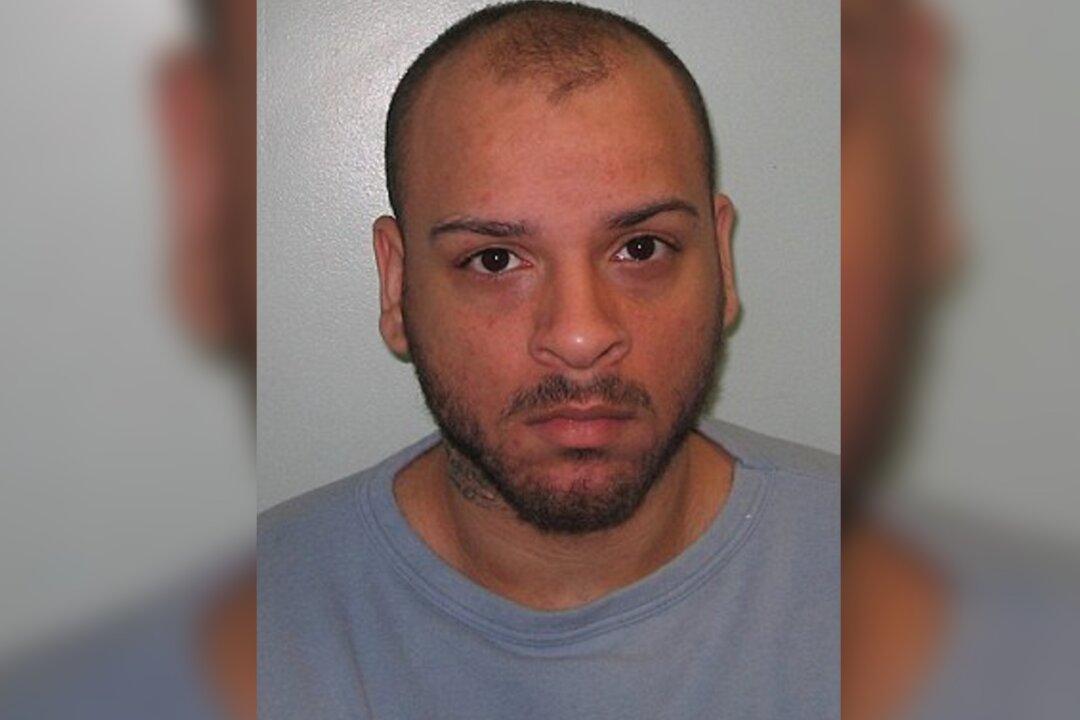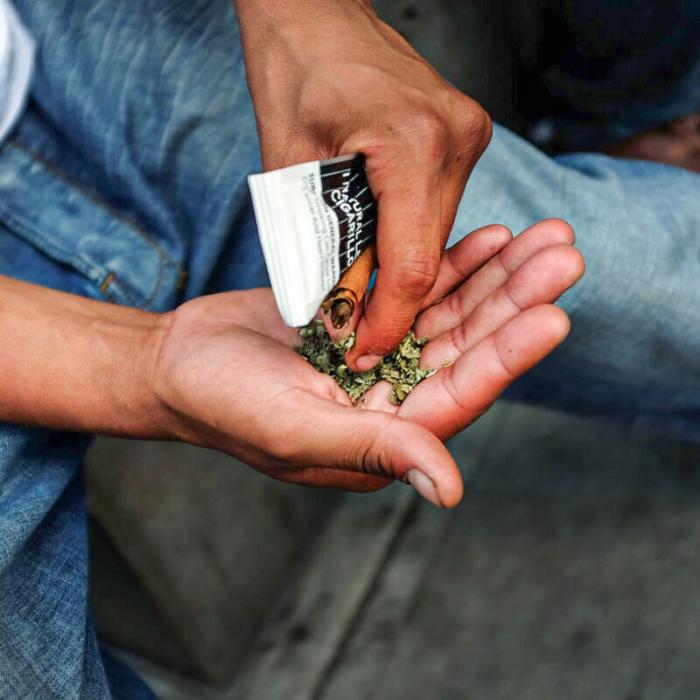Seven people have been convicted of conspiring to smuggle drugs into prisons in London and Kent after a trial which heard ringleader Alex Mullings manipulated his underlings from behind bars while using 33 illicit mobile phones.
Mullings’s mother, Alexandra Nicolaou, 52, girlfriend Charlotte Finch, 21, and co-defendants Hamza Ahmed, 29, Ahmed Binfgih, 58, Katriye Kaplan, 32, and Danyaal Msaouri-Coulson, 22, were found guilty of a series of charges at Southwark Crown Court.
In June 2014, Mullings, who was serving a sentence for a series of robberies, used a mobile phone to arrange the importation of the guns.
Sentencing him in 2015, Judge David Farrell told him, “It is a scandal that the security at Wandsworth was so wholly inadequate that you were able to do so.”
Prison security clearly has not improved in the past decade, and the demand for mobile phones by inmates has not diminished.Phones Flown Over Prison Walls by Drones
Nicolaou was convicted of conspiring to convey phones into the prison. Binfgih, Ahmed and Msaouri-Coulson were acquitted of this charge.
In his closing speech, Mr. Dent said Mullings was clearly an “unpleasant character” but he said he did not force or menace his co-defendants but instead offered them financial incentives.
Commenting on Finch’s claim that she carried out crimes under duress and was a victim of modern slavery, Mr. Dent said, “This is a world away from a scenario where people are locked up in a confined space and prevented from going anywhere ... the person in the confined space was Mullings.”
Binfgih, Msaouri-Coulson, Kaplan and Finch were all convicted of transmitting or causing to transmit without authorisation sounds or images from within one of Her Majesty’s Prisons, namely phone calls, text-based messages and images, between January 2016 and December 2019.
Criminals wanting to use mobile phones in jail for nefarious purposes is a dilemma which has troubled the Prison Service for at least 20 years and has included at least two murders arranged from behind bars.
Prime suspect Delphon Nicholas would appear to have had a cast iron alibi—he was locked up in Belmarsh prison on the night of the murder.
But it transpired Nicholas had “orchestrated the execution” of Wanogho, using an illicit phone, which had been smuggled in, to make and receive numerous calls to the gunman, Trevor Dennie, and a woman who was used as a “honey trap.”
The trial heard Lloyd ran back to his cell and used an illicit phone to call in the hitmen. The jury heard Lloyd was overheard saying: “Quick, quick, give us the phone, I'll get the boys up here to pop him.”
In 2008, the Ministry of Justice said they planned to introduce new Body Orifice Security Scanners (Boss) scanners to clamp down on the smuggling of mobile phones.
The Boss chairs were designed to detect small metallic objects, such as mobile phones, knives and gun components, without the need for intrusive strip searches.
Liz Truss Tried and Failed to Stop Inmates Getting Phones
In 2016, the then-Justice Secretary Liz Truss said, “We are determined to do all we can to prevent prisoners having access to mobile phones.”“We are stepping up measures to find and block them and empowering prison officers to take action. I am determined to make sure our prisons are safe and places of rehabilitation,” added Ms. Truss, who would briefly be prime minister in 2022.

There have also been numerous incidents where drones—which can be easily purchased for a few hundred pounds—were repurposed to drop packages of drugs or phones into exercise yards and other places within the grounds of prisons.
As the Prison Service found it increasingly hard to recruit staff with unimpeachable integrity, so the number of corrupt officers grew and with it the number of phones being smuggled in.
In October last year, 17 people were convicted for smuggling drugs, weapons and mobile phones into Lindholme prison in South Yorkshire between 2018 and 2020.
Amy Hatfield, a mental health support worker at the prison who became “infatuated” with one inmate, Joseph Whittingham, was jailed for ten years for her role.
The following month, Rahimah De Silva was jailed for six months after pleading guilty to conspiring to smuggle phones into her brother Denny De Silva, an inmate at Woodhill prison near Milton Keynes.
De Silva was serving a life sentence for murdering a man in north west London, and had been using the phones to access and disseminate Islamist extremist material.
In July 2023, he pleaded guilty to two counts of dissemination of a terrorist publication and one count of conspiring to convey phones into prison and was sentenced to a further 45 months’ imprisonment in September 2023.
Aside from concerns about convicted criminals using illicit phones to carry out more crimes behind bars, there is also the danger of them using smartphones to intimidate and harass their victims or their families, including on social media.
Rebecca Tidy, a journalist who has researched the use of phones by prisoners, told The Epoch Times: “It is a huge problem for the ex-partners of violent men. I know many women who have had the prison landline of their ex’s blocked but these guys keep finding out their mobile phone numbers and make threats or engage in emotional abuse.”
She said, “Sometimes these men use social media on smartphones to spy on their ex-partners.”
Is Blocking Mobile Phone Signals the Answer?
So why don’t prisons just block mobile phone signals?Under the Wireless Telegraphy Act it is illegal to block any mobile phone or radio frequency but there is an exemption for agencies of the Crown, such as MI5, MI6 or His Majesty’s Prison Service.
But the Ministry of Justice may have decided against blocking mobile phone signals after watching the less-than-successful experiment in Scotland.
But some prisoners hacked the phones and there were 5,000 reported “misuses.”
In June 2023, the SPS announced plans to install landlines in cells, to replace the prison-issue phones.
A Prison Service spokesperson said, in an email to The Epoch Times, “We do not tolerate drugs and mobile phones in prison and those found with them face extra time behind bars. Our £100 million investment in prison security has also helped us uncover more than 46,000 attempts to smuggle contraband into jails.”







